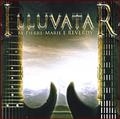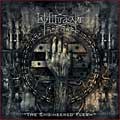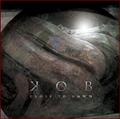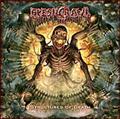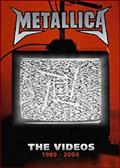KOTIPELTO (fi) - Serenity (2007)
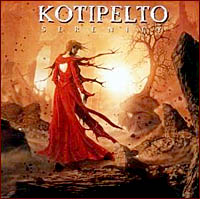
Label : XIII Bis Records
Sortie du Scud : 20 avril 2007
Pays : Finlande
Genre : Hard Rock Heavy Metal
Type : Album
Playtime : 10 Titres - 46 Mins
Piste Multimédia présente sur le CD
Alors que STRATOVARIUS, la formation qui l’a fait connaître, peine à se relever de son split qui dura trois longues années (l’histoire du groupe sur le site officiel s’arrête même d’ailleurs après la sortie d’Elements Pt. 1), Timo Kotipelto a décidé de s’investir pleinement dans son projet solo et sort ici son troisième album, Serenity. Après un Waiting For The Dawn, proche du Power pratiqué par STRATOVARIUS, puis un Coldness, à l’ambiance générale plus sombre, Serenity se veut définitivement plus Hard Rock, plus épuré. C’est dire que ceux qui s’attendent à des cavalcades de claviers poursuivis dans leur course par des guitares effrénées seront bien marris. Le premier titre, « Once Upon A Time », est trompeur puisque l’auditeur croit arriver en terrain connu, mais déjà les claviers sonnent plus 70s que typiquement Power. Cette impression se confirme dès l’intro de « Sleep Well ». Support du single, ce morceau propose des paroles assez naïves pour ne pas dire mièvres. Le titre éponyme qui suit ne renverse pas la tendance et peine même à convaincre car son style, en se voulant plus dépouillé (en comparaison à STRATOVARIUS bien entendu), se fait aussi plus basique tout en manquant d’accroche. Autant dire que Serenity ne propose rien d’innovant et, ce qui appellerait l’indulgence pour un jeune combo, amène ici à un jugement plus sévère. Finalement, cet album est assez proche du Stratovarius, sorti en 2005. La voix de Timo est en outre tellement identifiable, tellement marquée désormais du sceau STRATOVARIUS qu’elle crée une attente que trop rarement satisfaite ici. C’est pourquoi lorsque « Angels Will Cry » débarque, plus pêchu, l’auditeur retrouve le sourire mais les bâillements reviennent sur la ballade qui suit, idéale surtout pour les boums comme SCORPIONS le fut dans ma prime jeunesse. Sur « Mr. Know-It-All », les claviers de Wirman s’assurent une place de choix mais l’overdose guettera tous ceux qui n’apprécient l’orgue Hammond qu’à petite dose. Arrivé au terme de ces dix compos, même si la dernière partie de « Last Defender » retient l’attention, on se dit que KOTIPELTO est un nom difficile à retenir et que sa musique, au parfum quelque peu suranné, ne l’est pas moins.
Ajouté : Mercredi 02 Mai 2007
Chroniqueur : Le Comte de la Crypte
Score :  
Lien en relation: Kotipelto Website
Hits: 15647
|





